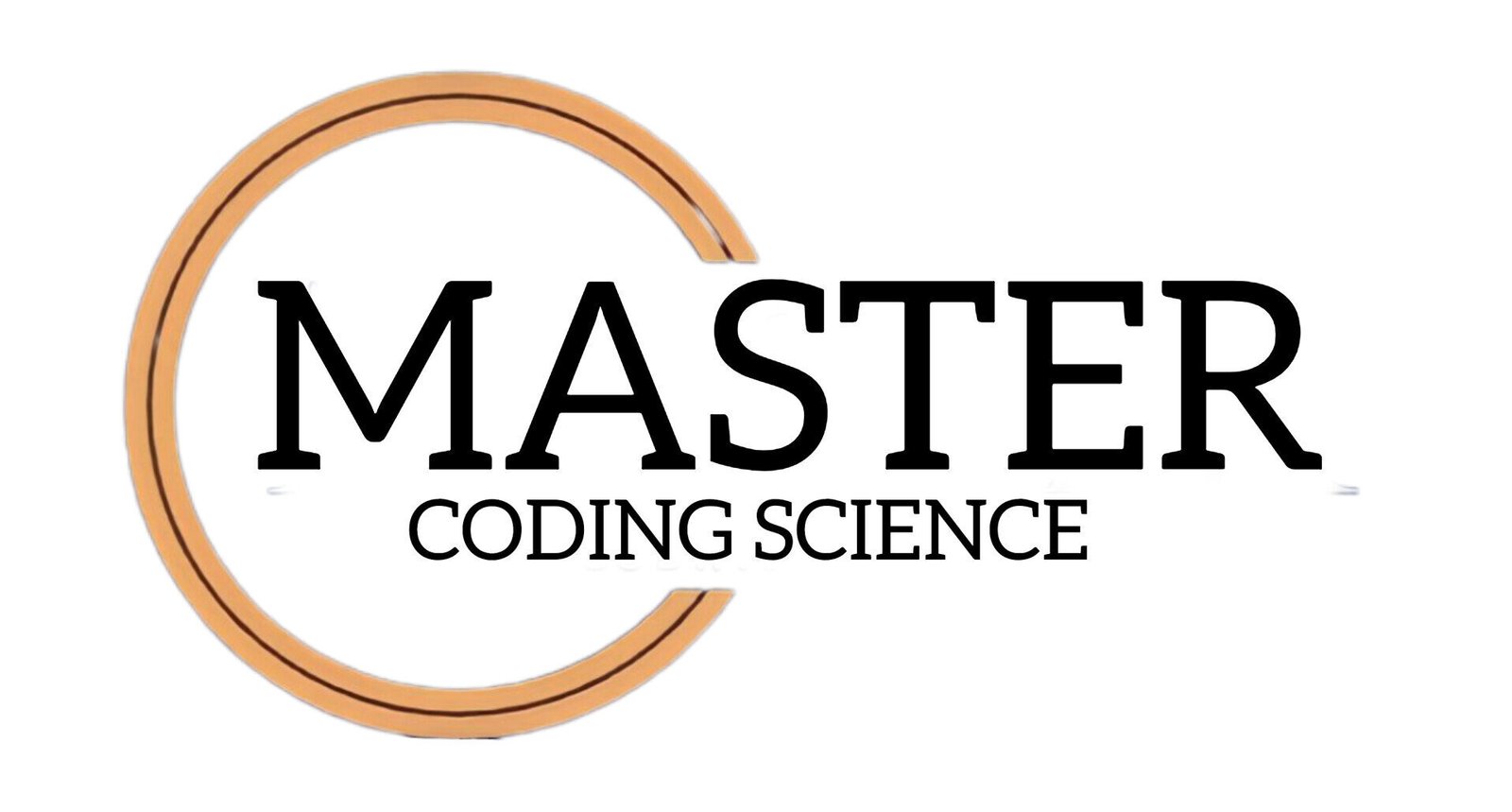C Do/While Loop
The do/while loop in C is a variation of the while loop, designed to ensure that a block of code is executed at least once, regardless of the condition. Unlike the while loop, which checks the condition before executing the code block, the do/while loop evaluates the condition after the code block executes. Definition of … Read more
